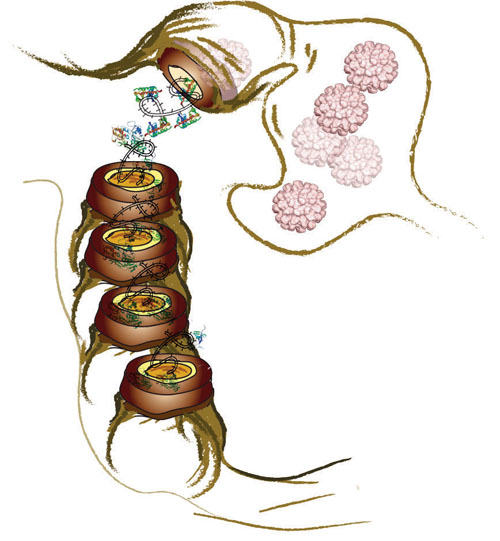Research points to possible new route to fight dengue virus
03-24-2012

WEST LAFAYETTE, Ind. – Researchers have identified enzymes and biochemical compounds called lipids that are targeted and modified by the dengue virus during infection, suggesting a potential new approach to control the aggressive mosquito-borne pathogen.
Findings also suggest that medications used to treat high cholesterol and other lipid-related conditions might also inhibit dengue's replication and could represent a potential new therapy. The researchers have identified how infected mosquito cells undergo changes to certain lipids in membranes and in biochemical sensors that alert cells of invading viruses.
"The virus reorganizes the internal architecture of the cell to support its own needs," said Purdue University research scientist Rushika Perera. "Many details are unknown. This is our first attempt to understand how the virus alters lipids as part of the infection process. Part of what we looked at in this work was how the virus changes the cell, and the next step will be to figure out why."
The researchers uncovered new details of how the virus alters lipids in membranes surrounding structures inside cells called organelles, including the mitochondria, which provide energy critical for a cell to function, and the endoplasmic reticulum, where proteins and lipids are synthesized.
"Findings also show that important host enzymes are used by the virus and may be targets for future antiviral drugs," said Richard J. Kuhn, a professor and head of Purdue's Department of Biological Sciences and director of the Bindley Bioscience Center. "It turns out, the pills you take to control your cholesterol might have some capability to control dengue." Purdue News article